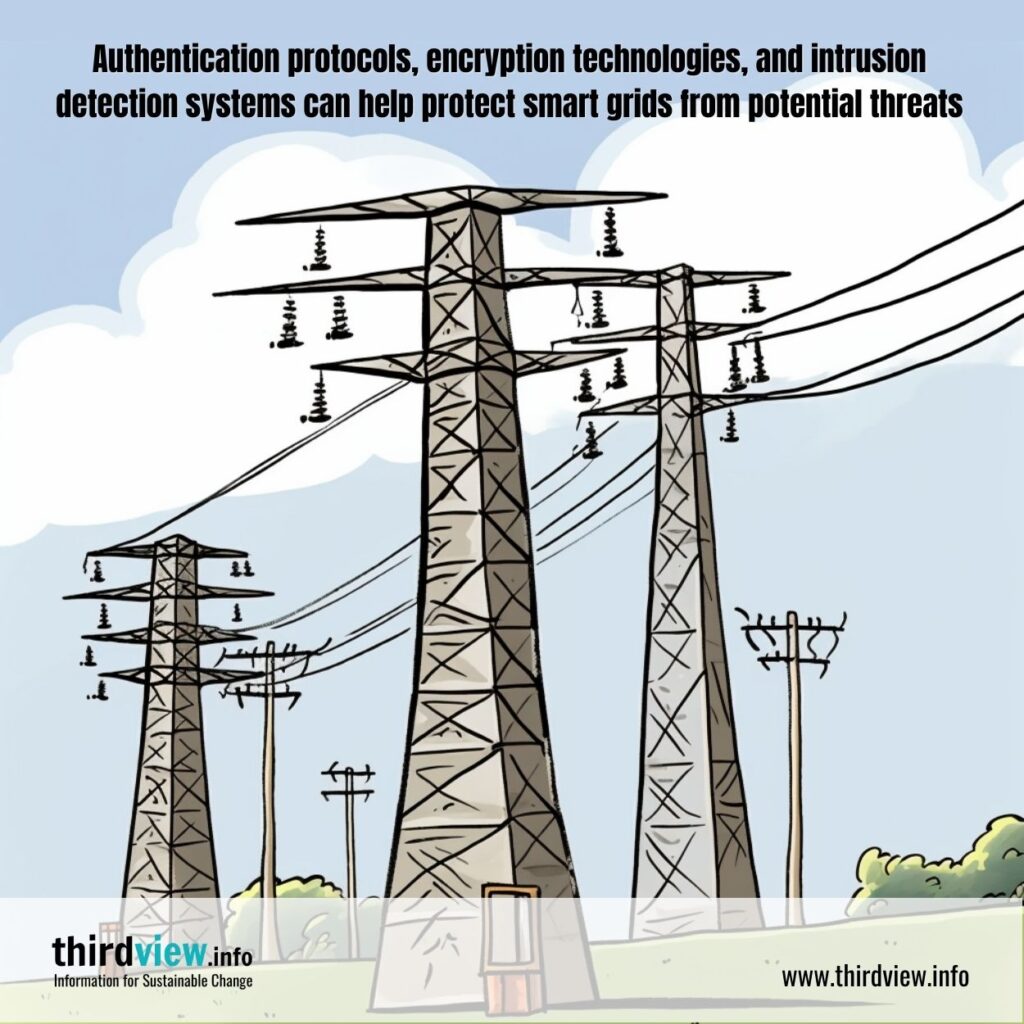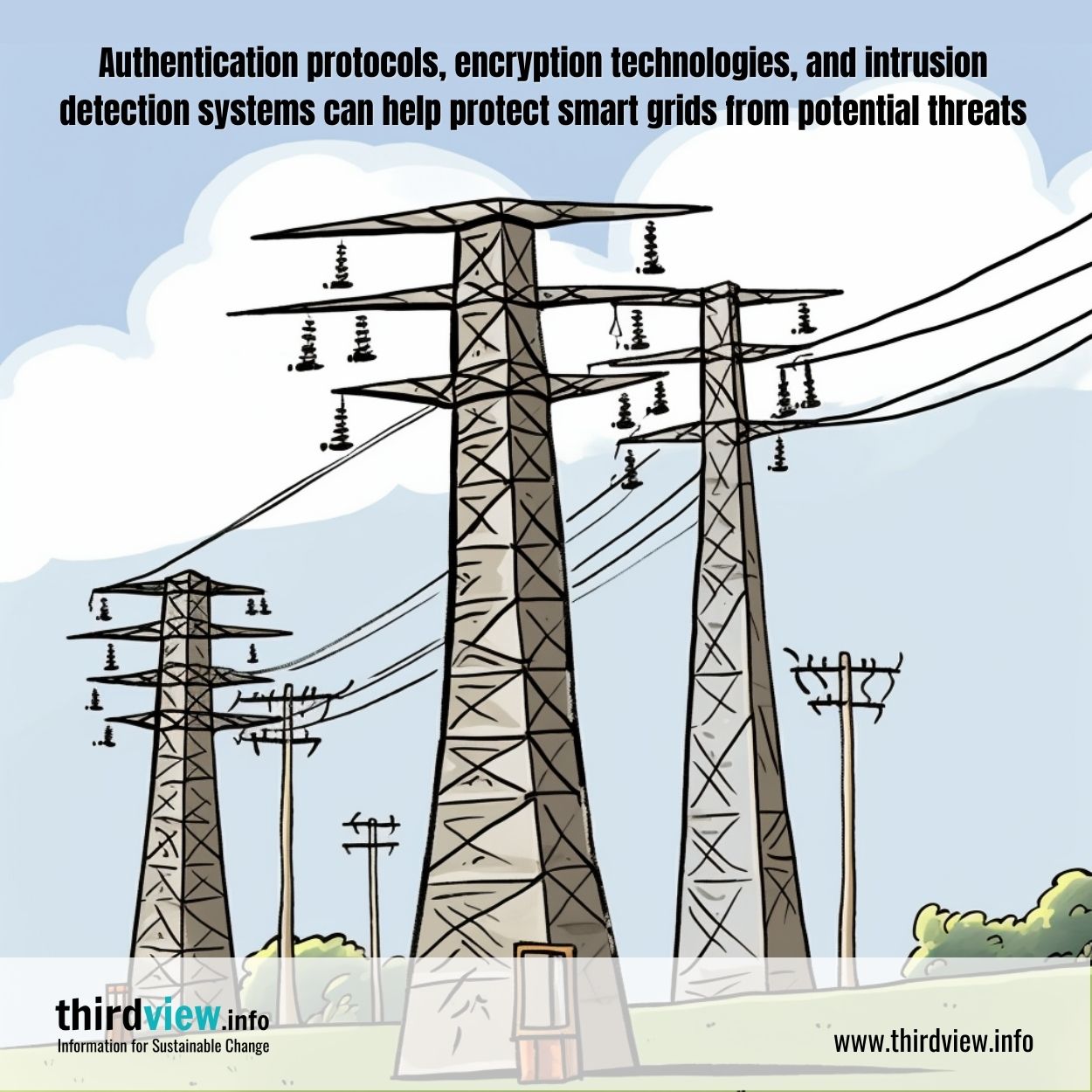The smart grid is a combination of hardware and software that can monitor, control, and automate electricity grids. It helps improve the reliability and efficiency of energy distribution networks, creating an environment for faster response to power outages and other issues. However, as technology advances, so does its vulnerability to cyberattacks. In this blog post, we’ll explore how cybersecurity impacts smart grid technology.
The Potential Risks
Smart grid networks are dependent on digital communications systems that are vulnerable to malicious attacks if not properly secured. Hackers can gain access to these systems by breaching firewalls or exploiting vulnerabilities in the protocol layers of communication networks. If a hacker gains access to a network’s systems, they can disrupt the flow of power or manipulate the data within the system. This could lead to widespread outages and cause significant financial loss due to equipment damage or theft of confidential information.
The Benefits of Cybersecurity
Cybersecurity is essential for protecting smart grids from potential threats. Security measures such as authentication protocols, encryption technologies, intrusion detection systems (IDS), and firewalls help protect against attackers who may attempt to breach a network’s security defences. Additionally, organizations must deploy advanced analytics tools that can detect suspicious activities and alert administrators in real time when anomalies are detected. Proactive measures, such as these, help prevent attackers from gaining access to sensitive information or disrupting vital services like power distribution networks.
In addition to preventing unauthorized access into a system, cybersecurity also provides organizations with visibility into their operations at all times. By monitoring user activity within networks and tracking changes made over time, organizations can quickly identify irregularities or suspicious activities before they become serious problems or security incidents occur. This level of visibility gives organizations greater insight into their operations while providing protection against malicious actors who might attempt to exploit vulnerabilities in their systems for personal gain.
Cybersecurity is an essential component of any smart grid system as it helps protect against malicious actors who may try to gain unauthorized access to networks or disrupt vital services like power distribution networks. Security measures such as authentication protocols, encryption technologies, intrusion detection systems (IDS), and firewalls help protect against potential attackers while giving organizations greater visibility into their operations at all times — allowing them to quickly identify irregularities or suspicious activities before they become serious issues or security incidents occur. Ultimately, investing in cyber security solutions can ensure that your organization remains secure from potential threats while still enjoying the benefits offered by modern smart grid technology solutions.


